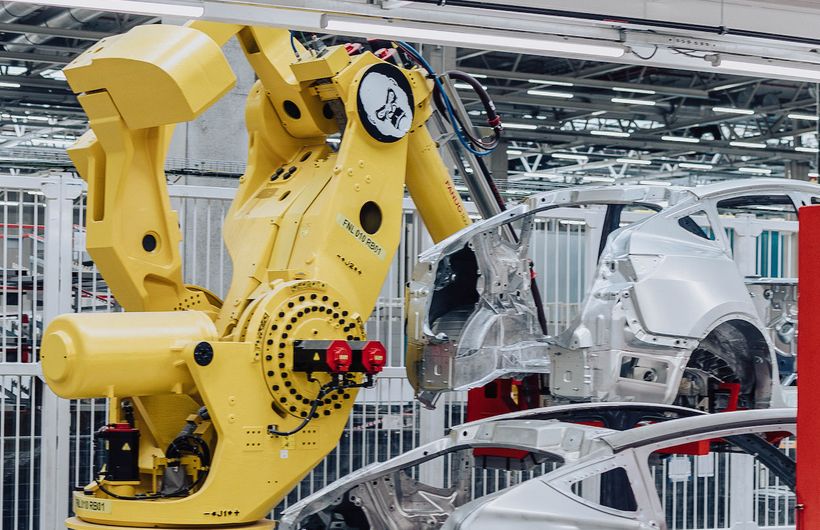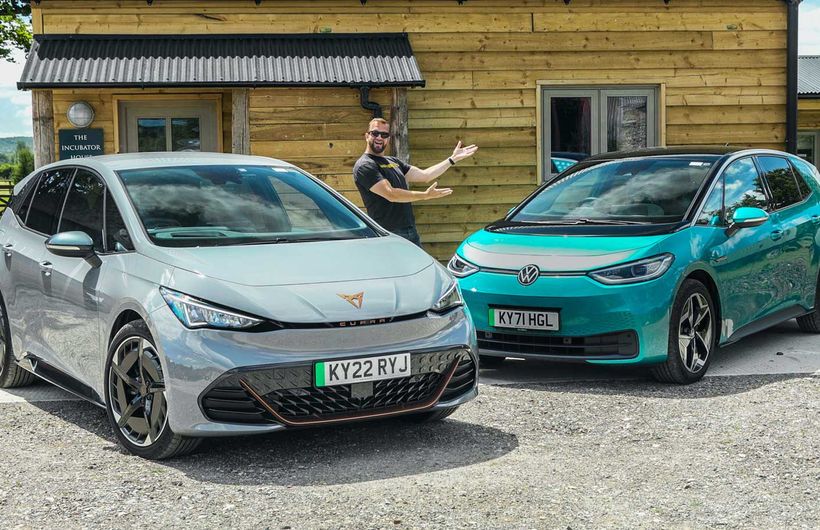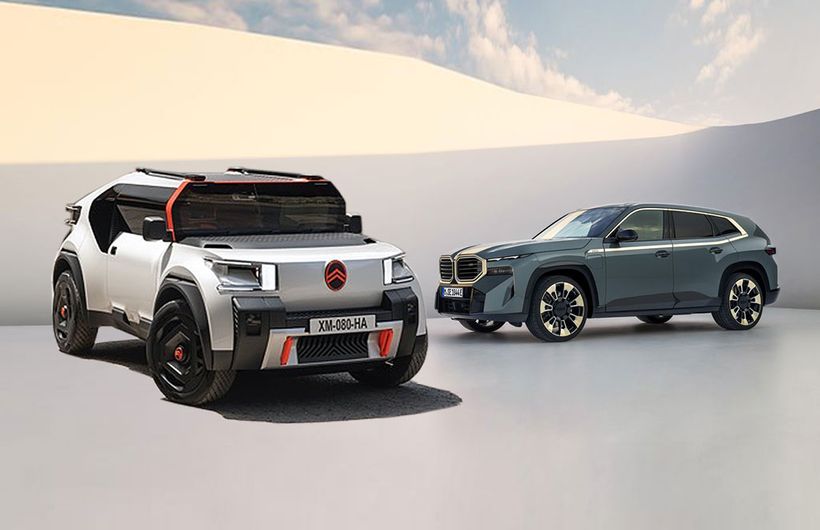Why are electric cars so expensive, and when will they become more affordable? These are questions Electrifying.com readers frequently ask, and Professor Peter Wells is a good person to supply some of the answers. He’s Cardiff Business School’s Centre for Automotive Industry Research director, so has a good a handle on battery electric vehicle future trends.
Ask him why electric vehicles generally cost more to buy than their petrol or diesel equivalents, and he’ll suggest a number of reasons.“EVs are not as far down the development curve as petrol or diesel cars, which have had 100 plus years to perfect the technology. They’ve had a good run,” he said.
Although electric cars have been around for as long as internal combustion engined ones, Professor Wells said that it’s only recently that there has been a commercial impetus to develop the technology that makes them work.
“Developing battery chemistry technology has only been an area of interest for the past 10-15 years, and there’s a lot more innovation to come. So, electric cars are not as well developed (as ICE models), but that means there’s a lot more room for improvement in the years ahead,” he said.
 Battery electric cars are developing fast, with drastic change in the last 15 years
Battery electric cars are developing fast, with drastic change in the last 15 years 












